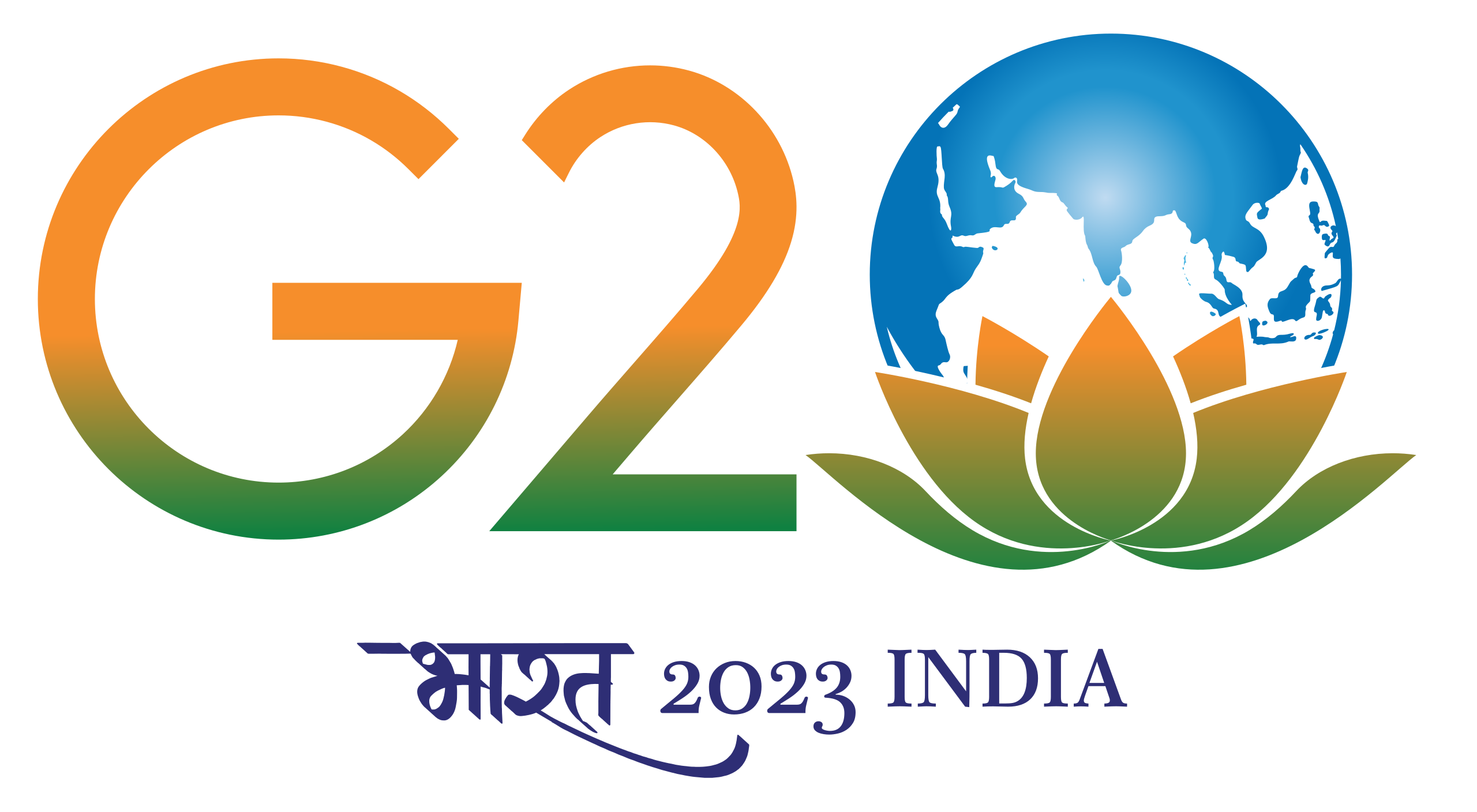Mechanical Engineering
Duration of the Programme – 4 years
Present Intake - 207 Students
Year of Starting: 1961
Programme Educational Objectives
PEO1 Excel in industry, technical profession and/or higher education by acquiring a strong foundation in mathematics, science and engineering fundamentals.
PEO2 Acquire scientific and engineering competencies to model, analyze, manage and improve manufacturing systems, and to provide solutions to manufacturing and allied industrial problems that are technically sound, economically feasible and socially acceptable.
PEO3 Exhibit professionalism, ethical attitude, communication and team working skills, multidisciplinary approach and an ability to relate engineering issues to the broader social context.
Programme Outcomes
PO1 Engineering knowledge: Apply the knowledge of mathematics, science, engineering fundamentals, and an engineering specialization to the solution of complex engineering problems.
PO2 Problem analysis: Identify, formulate, research literature, and analyze complex engineering problems reaching substantiated conclusions using first principles of mathematics, natural sciences, and engineering sciences.
PO3 Design/development of solutions: Design solutions for complex engineering problems and design system components or processes that meet the specified needs with appropriate consideration for the public health and safety, and the cultural, societal, and environmental considerations.
PO4 Conduct investigations of complex problems: Use research-based knowledge and research methods including design of experiments, analysis and interpretation of data, and synthesis of the information to provide valid conclusions.
PO5 Modern tool usage: Create, select, and apply appropriate techniques, resources, and modern engineering and IT tools including prediction and modeling to complex engineering activities with an understanding of the limitations.
PO6 The engineer and society: Apply reasoning informed by the contextual knowledge to assess societal, health, safety, legal and cultural issues and the consequent responsibilities relevant to the professional engineering practice.
PO7 Environment and sustainability: Understand the impact of the professional engineering solutions in societal and environmental contexts, and demonstrate the knowledge of, and need for sustainable development.
PO8 Ethics: Apply ethical principles and commit to professional ethics and responsibilities and norms of the engineering practice.
PO9 Individual and team work: Function effectively as an individual, and as a member or leader in diverse teams, and in multidisciplinary settings.
PO10 Communication: Communicate effectively on complex engineering activities with the engineering community and with society at large, such as, being able to comprehend and write effective reports and design documentation, make effective presentations, and give and receive clear instructions.
PO11 Project management and finance: Demonstrate knowledge and understanding of the engineering and management principles and apply these to one’s own work, as a member and leader in a team, to manage projects and in multidisciplinary environments.
PO12 Life-long learning: Recognize the need for, and have the preparation and ability to engage in independent and life-long learning in the broadest context of technological change.
Programme Specific Outcomes
PSO1 Design and develop mechanical systems for structural, thermal and manufacturing applications.
PSO2 Ability to effectively utilize resources for improving the performance of mechanical systems.
PSO3 Demonstrate the ability to develop methods, procedures and solutions for cost-effective decisions in mechanical engineering.
Curriculum
Syllabus

